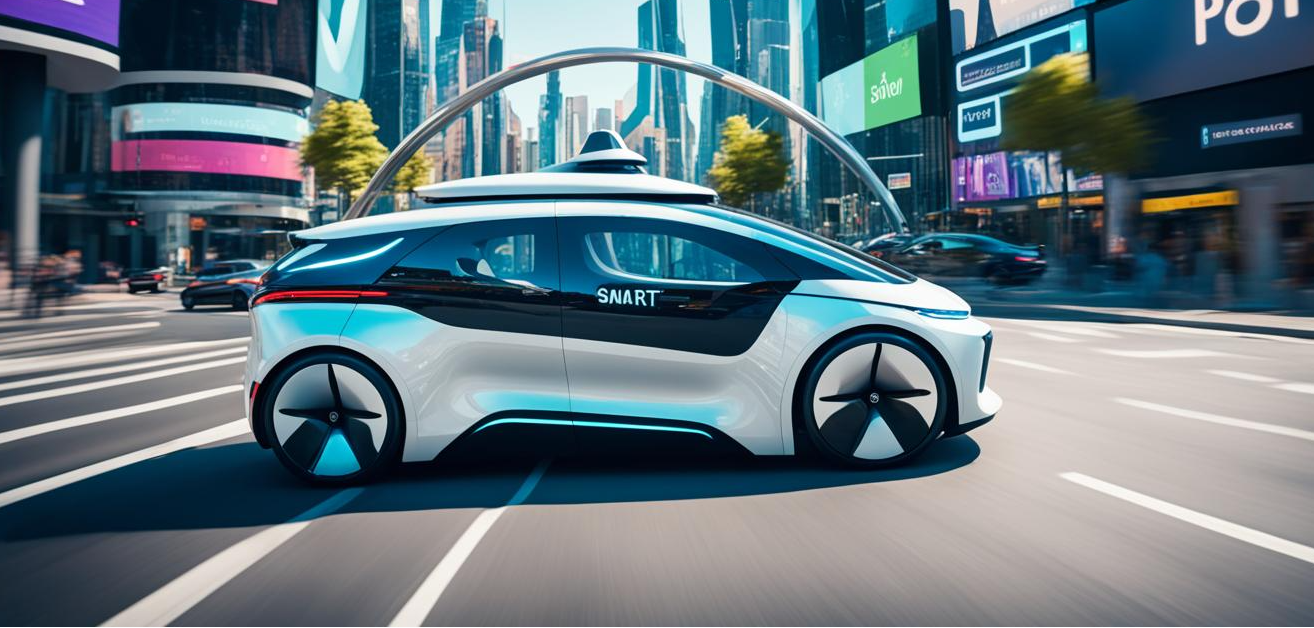Did you know that over 38,000 people lose their lives in car accidents each year in the United States? With new tech changing the car industry, laws about car accident liability are changing fast. This is especially true for autonomous vehicles, which need new rules for who is at fault in crashes.
Self-driving cars are making us rethink who is responsible when accidents happen. Old laws don’t quite fit with the new tech and ethics of AI cars. We need everyone – lawmakers, experts, and scholars – to work together. This way, we can make sure everyone’s interests, from car makers to drivers, are looked after.
Key Takeaways
- Rapid technological advancements in the automotive industry are outpacing existing legislation and regulatory frameworks.
- The rise of autonomous vehicles has created new challenges in determining liability for car accidents, with a need to redefine traditional notions of driver responsibility.
- Ethical considerations, such as the decision-making processes of self-driving cars in emergency situations, must be addressed through new legal standards.
- Collaboration between policymakers, industry experts, and legal scholars is crucial to developing a comprehensive and adaptable legal framework for the age of autonomous vehicles.
- Ensuring the safety and accountability of self-driving cars is essential as they become more prevalent on the roads.
The Rise of Autonomous Vehicles and Regulatory Challenges
Technology is changing the way we travel with self-driving cars. These cars use advanced AI for better safety and less pollution. But, the fast growth of this tech has left laws behind, needing new rules for AI cars.
Technological Advancements Outpacing Legislation
Lawmakers are racing to keep up with self-driving tech. Issues like autonomous vehicle regulations and self-driving car liability need quick solutions. Old insurance and product laws don’t cover these new cars, creating a legal gap.
Ethical Considerations in AI-Driven Transportation
Autonomous cars bring up big ethical questions. They make decisions that could affect safety and who is to blame in accidents. Product liability for autonomous cars and legislative frameworks for driverless mobility must answer these tough questions.
As self-driving cars grow, we need a team effort to make laws for them. This will help use these cars safely and protect everyone on the road.
Exploring New Legal Standards in Car Accident Liability
The rise of self-driving cars is changing how we look at car accident liability. Now, lawmakers and legal experts are figuring out who should be blamed when these cars crash. Should it be the car maker, the software company, or the person who was supposed to be driving?
Rules about car accidents are being updated to fit the new tech. With self-driving cars, blame might move from the driver to the car’s maker or the tech company behind it. This change could affect how insurance companies work, as they’ll need to update their policies.
But there’s more to think about than just laws and insurance. Making sure self-driving cars are safe and trustworthy is key. We need laws that protect everyone while still letting new tech grow. Laws are being made to handle the legal issues of self-driving cars and who is to blame in accidents.
FAQ
How are the legal standards for car accident liability evolving with the rise of autonomous vehicles?
With more advanced autonomous vehicle technology, car accident laws are changing fast. Laws are having trouble keeping up with new tech, making it hard to figure out who is to blame in accidents. Now, lawmakers are trying to make new laws that cover product liability, software updates, and who is responsible between car makers, software companies, and drivers.
What are the key ethical considerations when it comes to AI-driven transportation?
Using AI and autonomous tech in cars brings up big ethical questions. For example, how should self-driving cars act in accidents? There are also worries about privacy and how car data is used. Plus, there’s concern about jobs for professional drivers. It’s important for lawmakers and companies to make rules that keep us safe and respect our privacy and jobs.
How are auto insurance policies and regulations evolving to accommodate autonomous vehicles?
As cars drive themselves, auto insurance is changing too. Old insurance plans are being looked at again to fit the new risks of self-driving cars. Lawmakers are making new rules for insurance, looking at who should pay for accidents. They want to make sure insurance covers everyone involved in the new car tech.
What are the key legislative and regulatory efforts underway to address the legal implications of autonomous vehicles?
Governments and groups are making new laws and rules for self-driving cars. They’re setting standards for safety, testing, and how these cars should be used. They’re also talking about who should be responsible in accidents and how to protect our data and jobs. The aim is to make sure new tech is safe and good for everyone.
